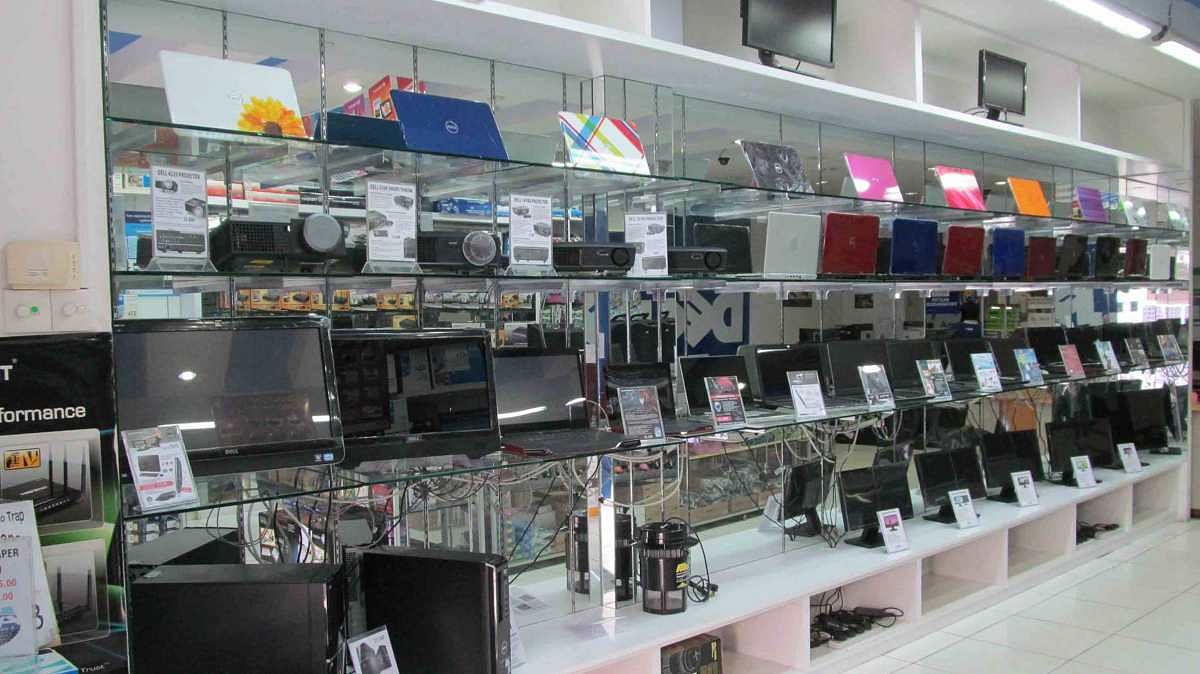U.S. Raises Issue of Curbs on Computer Imports by India 2023 : A Deep Dive into Trade Tensions and Implications

U.S. Raises Issue of Curbs on Computer Imports by India 2023 : A Deep Dive into Trade Tensions and Implications
The United States has voiced reservations over India’s decision to impose licencing requirements on imports of computers, laptops, tablets, and other electronic components, and the two countries have agreed to continue talking about the matter.
The matter came up at the Saturday bilateral meeting between Piyush Goyal, minister of business and industry, and US trade representative Katherine Tai.
According to a statement released by Tai’s office, she noted that stakeholders needed a chance to evaluate the policy and offer their opinions to make sure that, if it were to be enacted, it wouldn’t negatively affect US exports to India.

India and the US decided to look into the matter more thoroughly and discover a solution that takes into account their respective interests.
Earlier this month, India restricted the import of PCs, laptops, tablets, and other comparable equipment. The importers will need a permit as of November 1 of this year in order to bring these goods into India.
India has cited national security as justification for its action. According to the officials, licencing will help ensure that only electrical products from reliable suppliers enter India. The second justification for this limitation was to support indigenous manufacturing.
Both Goyal and Tai requested that their team of representatives continue talking about ways to resolve the ongoing WTO issue at the bilateral meeting. When Indian Prime Minister Narendra Modi visited the US in June, six WTO issues were resolved.
India was now embroiled in a dispute over its limits on US chicken imports. The WTO ruled against India in response to a complaint made on the action. The US had requested compensation because India had refused to follow the WTO judgement.

The United States has recently raised concerns about new restrictions imposed by India on the import of computers and computer components. This development marks yet another chapter in the evolving narrative of trade relations between the two countries. While India justifies its actions as a means to boost domestic manufacturing, the U.S.
perceives them as barriers to free trade and market access. This article aims to dissect the situation by analyzing the underlying issues, the arguments of both sides, and the potential implications for bilateral relations and the global economy.
Over the past few years, India has launched several initiatives to bolster its manufacturing sector, most notably the “Make in India” campaign. As part of these initiatives, the Indian government has imposed tariffs and quotas on various products, including computers and computer parts.
These regulations require importers to meet specific local sourcing norms and conform to standards that ostensibly favor domestic manufacturers.
The U.S., home to tech giants like Apple, Microsoft, and Dell, is one of the largest exporters of computers and related technology.

The American government has voiced concerns that these new import restrictions effectively serve as trade barriers, disadvantaging U.S.-based companies in favor of local Indian producers. U.S. trade representatives argue that such protectionist measures are not compliant with World Trade Organization (WTO) rules, which both countries are signatories to. The curbs, it contends, could also discourage foreign investment in India, making it a less attractive market in the long run.
India counters these concerns by emphasizing its need to foster domestic manufacturing capabilities. Import restrictions are seen as a way to reduce the country’s dependency on foreign goods and to encourage local manufacturing, thereby creating jobs and contributing to economic growth.
Indian policymakers argue that given the country’s large market and potential, these curbs are a transitional necessity until domestic producers can compete on an international scale.

American companies could see a decrease in their market share in India, one of the fastest-growing markets for computers and technology. This could result in decreased revenues and may force these companies to reassess their investment and market strategy concerning India.
While the restrictions may boost domestic manufacturing in the short term, they risk alienating international partners and investors. This could lead to a decline in foreign direct investment (FDI), potentially hampering the country’s long-term economic development.
Trade tensions have historically been a source of diplomatic strain. While the U.S. and India have been moving towards strengthening their strategic partnership, persistent trade issues can undermine these efforts.

Both nations have vested interests in cooperation for regional stability, counterterrorism, and countering Chinese influence. Thus, the computer import issue could become a sticking point that requires careful diplomatic navigation.
It remains to be seen how this issue will be resolved. Possible outcomes include bilateral negotiations, WTO arbitration, or concessions from either side. However, it is crucial for both countries to approach this issue not just as an isolated trade disagreement but as part of a broader partnership.
The U.S. raising concerns over India’s curbs on computer imports highlights the complex interplay between national interests and global trade norms.

While the move aims to protect domestic manufacturers in India, it has provoked objections from one of its most crucial trading partners. How both nations manage this issue will have far-reaching implications for their bilateral relations and could set a precedent for future trade disputes.






